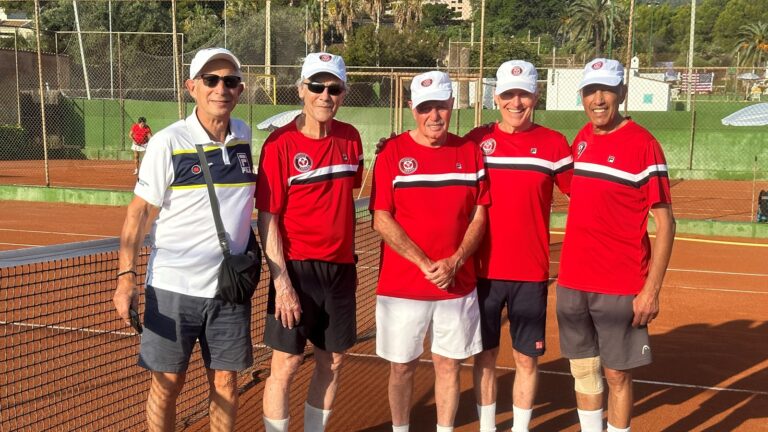
As part of a six-part content series presented by Sobeys, we will share the expertise of multiple Tennis Canada spokespeople including our nutritionist Ariane Lavigne, coaches, advisors as well as players and their parents when it comes to food, family, and sport. This fifth article shines the spotlight on the full-time National Tennis Centre (NTC) presented by Rogers in Montreal and the impact nutrition is having on the next generation of Canadian tennis talents.
Lavigne assists the players when it comes to meals, hydration, snacks, electrolyte intake, and supplements based on their schedules. She also meets with the families at the start of every new session in September to provide them with guidelines and documents, so their food intake is appropriate while at home and away from the NTC. She also has regular follow-ups with the players to help them adjust their diets while in-tournament according to the playing conditions.
“Without necessarily making programs where everything is calculated and measured, it’s above all about re-evaluating what they eat,” Lavigne explained. “Giving them different snack options, making them more autonomous too, because they’re at an age when they’re starting to cook a bit or they’re starting to take an interest in food, they’re in full development. Then we move on to the purely tennis side of things.”
READ: NUTRITION AT THE NATIONAL TENNIS CENTRE IN MONTREAL IS A FAMILY AFFAIR
The players are quickly learning what a difference an improved diet can make and that proper nutrition for a high-performance athlete is about much more than just eating three well-balanced meals per day. Miko Lapalme, who is one of six new members to join the NTC this season, says the biggest change has been how much he eats while on court during practice sessions and matches, more specifically an increased consumption of carbohydrates. As for Caden Colburne, another NTC rookie, he’s eating more snacks throughout the day than before.
“It’s very important what you put in your body to give your best performance. You have to pay attention to what you eat and especially when to eat what. Timing is important,” Lapalme said. “I eat more often, but lighter each time. I used to eat less spread out over the day and eat bigger meals, but that’s less advantageous for having more consistent energy.”
For breakfast, Lapalme will have toast with peanut butter and jam. During tournaments, he opts for something more substantial like eggs, potatoes, and fruit. For lunch it’s always a protein, vegetables, and a starch, usually leftovers from dinner the night before, or a sandwich with salad. Supper is the same and his favourite meal is steak and potatoes with any kind of veggie. Sobeys has some great recipe inspiration for steak dinners, including Cajun Steak with Potatoes & Vegetables. For snacks, he loves dried fruit, seeds, and nuts. Plus, he likes to finish his day at the courts with a protein shake to recuperate. While he knows it’s important to vary the food he consumes, Lapalme is admittedly a bit of the superstitious type and will sometimes eat the same meals during a tournament week if he’s playing well.
The athletes at the NTC are incredibly well surrounded and benefit from a wide range of expertise in every aspect of their development as athletes, but there seems to be an extra sense of pride amongst them in taking control of their nutrition and learning how to properly nourish their bodies.




